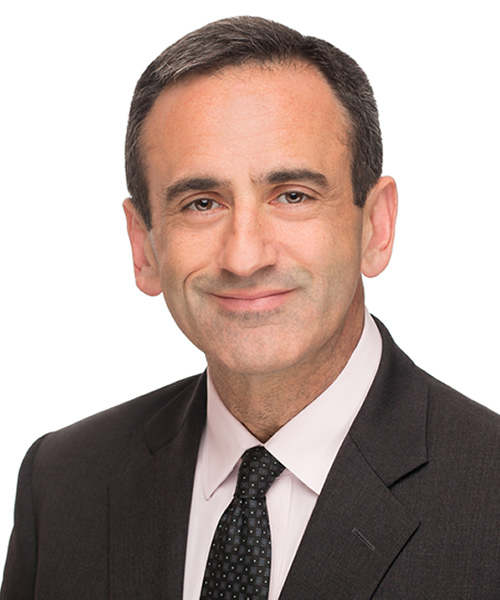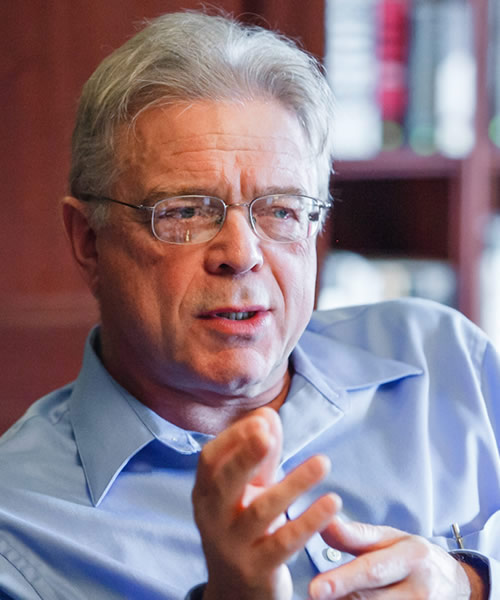U.S. International Religious Freedom Policy: Assessing the Results
U.S. International Religious Freedom Policy: Assessing the Results Video Player
Monday, April 21, 2008
This event was the second in a series of three symposia on the occasion of the tenth anniversary of the International Religious Freedom (IRF) Act of 1998, which mandated the promotion of religious liberty around the world as an element of U.S. foreign policy. Its focus was on the impact of US international religious freedom policy, with particular emphasis on its place in overall U.S. strategy and the response of the Muslim world. Other symposia addressed the origins of the policy (February 2008) and its future under a new administration (October 2008). The seminar series was supported by the Luce/SFS Program on Religion and International Affairs and the Institute for Global Engagement.
This seminar series was co-sponsored by the Council for America's First Freedom; Council on Foreign Relations; Ethics and Public Policy Center; Human Rights Watch; International Center for Law and Religion Studies at Brigham Young University; Leonard Greenberg Center for the Study of Religion in Public Life; and the Religious Liberties Practice Group of the Federalist Society.
SCHEDULE
U.S. Foreign Policy Practitioners: The State Department, the Commission, Congress, and the White House | William Inboden, David Killion, Chris Seiple, Robert A. Seiple, Tad Stahnke
U.S. Foreign Policy Scholars: International Religious Freedom Policy, American Ideals, and American National Interests | Philip Gordon, Thomas Farr, Walter Russell Mead, Joshua Muravchik, Ruth Wedgwood
U.S. International Religious Freedom Policy: The Critique from the Muslim World | Asma Afsaruddin, Thomas Farr, Radwan Masmoudi, Abdolkarim Soroush
Discover similar content through these related topics and regions.
Image Gallery
Image Gallery
/1

U.S. International Religious Freedom Policy: Assessing the Results
Participants
Related Publication
Report December 1, 2008







